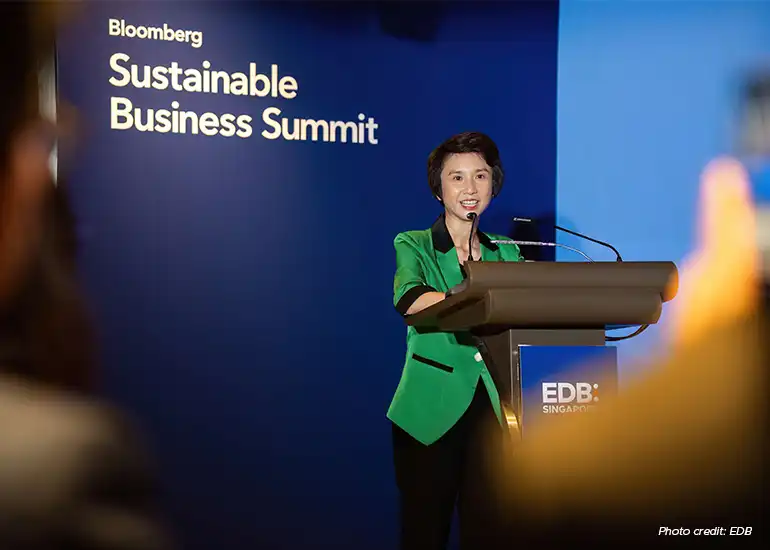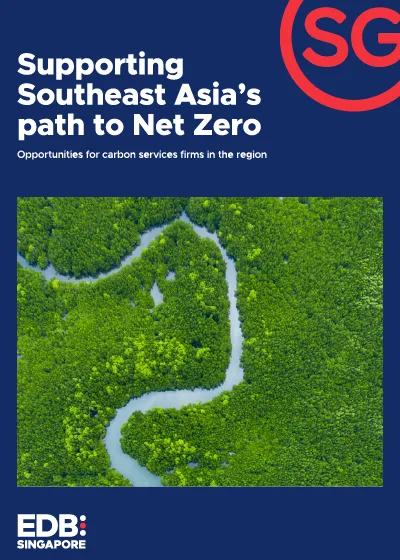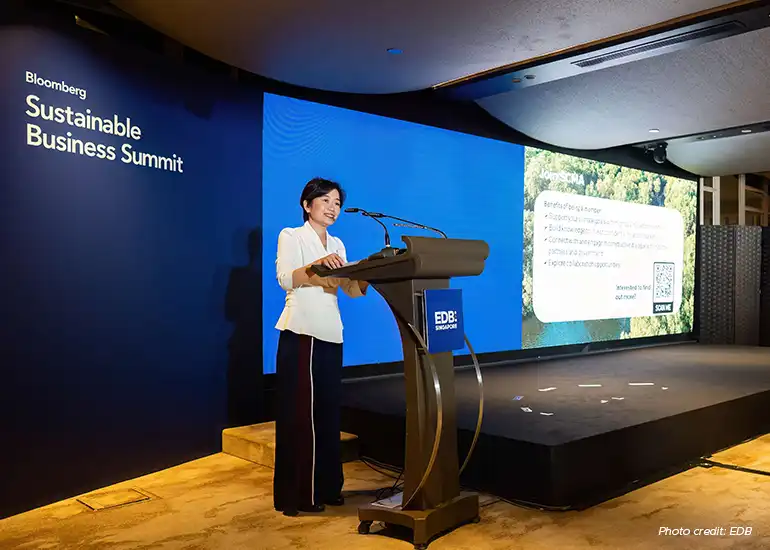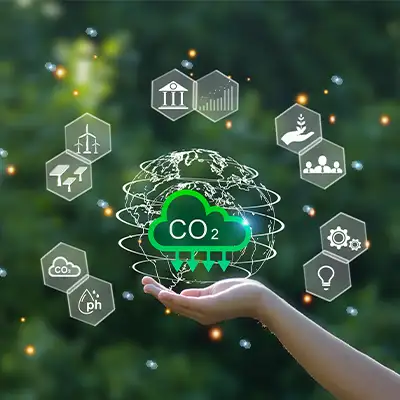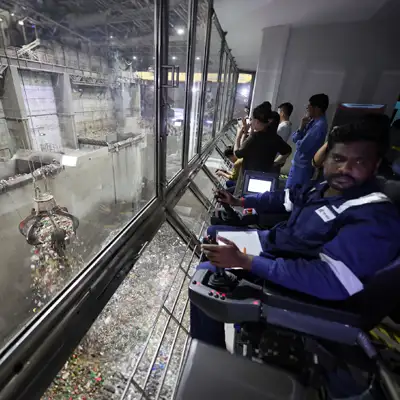Singapore as a carbon hub
Singapore is home to more than 120 firms across the carbon management value chain, says Low in her opening remarks. “Many of these firms are, in fact, global organisations that play a key role in driving environmental impact and supporting companies in achieving climate goals.”
Recent controversies in the carbon markets have “unfortunately” heightened concern and scrutiny on the use of credits, adds Low. “But having said that, I feel rather than being discouraged, we should see it as glass half-full and not glass half-empty. Do not wait for things to be cleared up. Because that might take some time, I think we all need to now roll up our sleeves and get involved.”
Singapore is committed to contributing to the growth of the carbon markets “by convening constructive actors and trusted expertise”, she adds. “This includes carbon services and trading firms specialising in low-carbon advisory, project development, financing, as well as verification.”
Singapore is pursuing Article 6.2 partnerships with more than 20 countries, says Low. Article 6.2 allows countries to exchange mitigation outcomes bilaterally and to report their trade, and use them towards their NDCs.
This means Singapore can one day exchange carbon credits and even renewable power directly with other countries through bilateral agreements.
Singapore has signed implementation agreements with Papua New Guinea and Ghana to cooperate on carbon credits. The republic has also signed memoranda of understanding with 14 countries across Latin America, Asia, and Africa.
Source: © The Edge Singapore. Permission required for reproduction.
This article was first published in The Edge Singapore and is republished with permission granted by The Edge Singapore.

